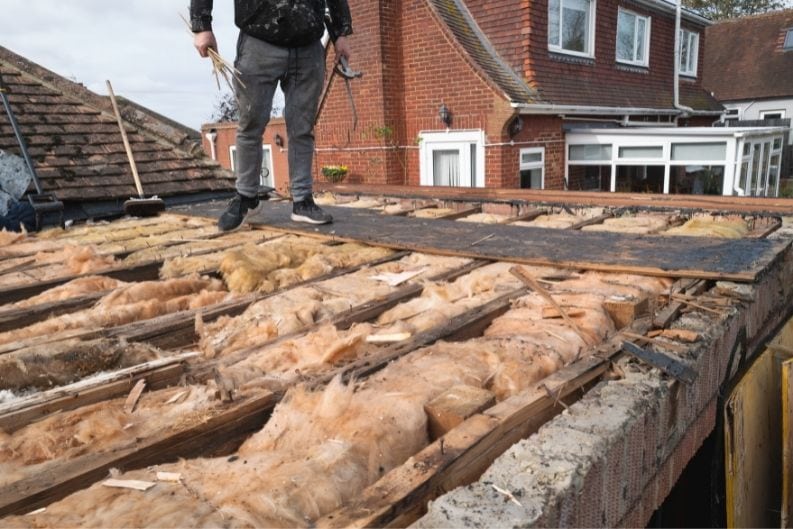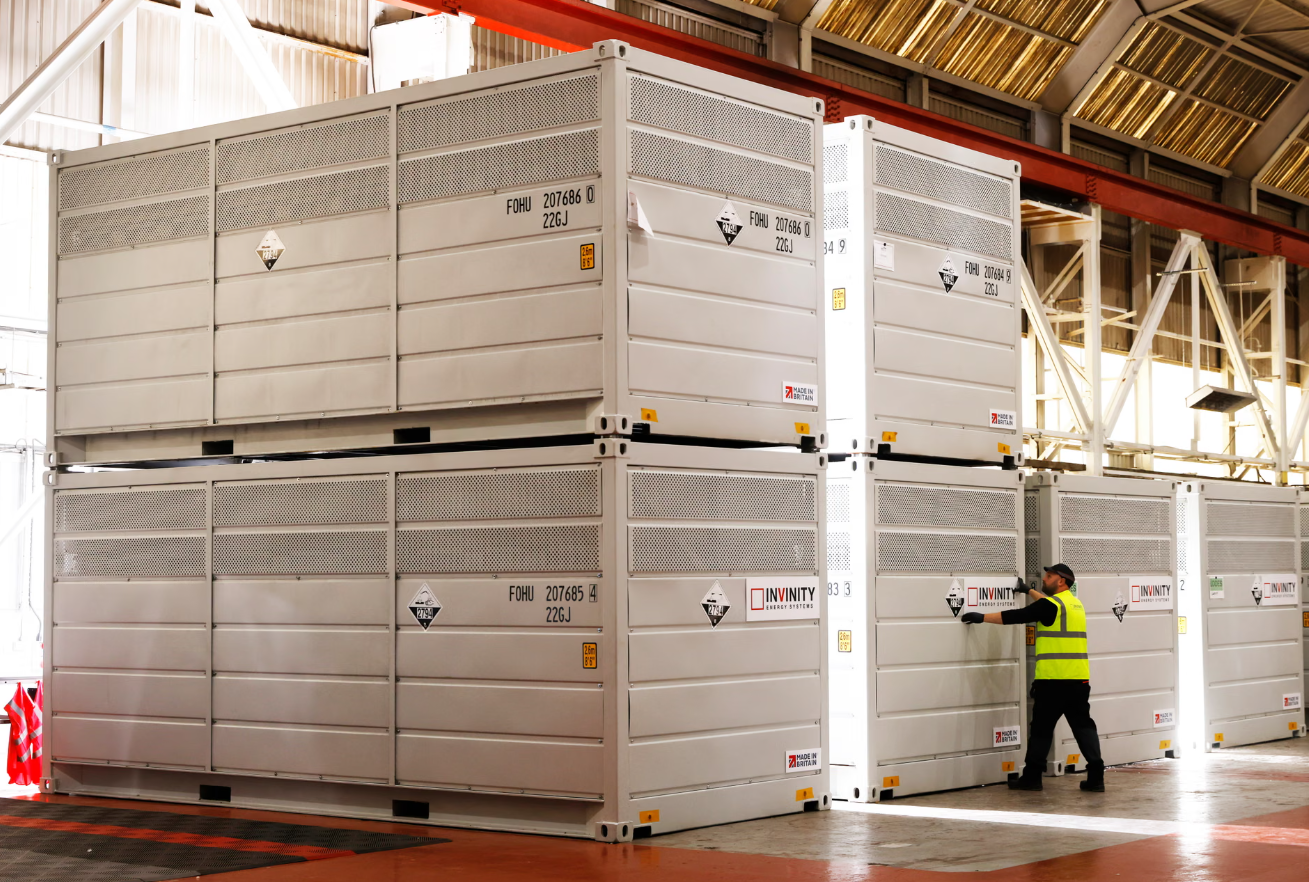Insulation plays a crucial role in maintaining comfortable indoor temperatures and reducing energy consumption. With a wide range of insulation materials available in the market, it can be challenging to determine the best option for your specific needs. In this comprehensive guide, we will delve into the various factors to consider when choosing insulation materials and explore some of the top contenders in the industry.
- Thermal Performance:
When evaluating insulation materials, one of the primary considerations is their thermal performance. This refers to the material's ability to resist heat transfer. The most commonly used metric for measuring thermal performance is the R-value, which indicates the material's resistance to heat flow. Materials with higher R-values provide better insulation. - Environmental Impact:
In today's environmentally conscious world, it is essential to consider the ecological footprint of insulation materials. Opting for eco-friendly options not only reduces environmental harm but also contributes to sustainable living. Look for materials that are made from recycled or renewable resources and have minimal greenhouse gas emissions during production. - Moisture Resistance:
Moisture can significantly impact the effectiveness of insulation. It can lead to mold growth, reduce thermal performance, and compromise the structural integrity of the building. Therefore, it is crucial to choose insulation materials that have excellent moisture resistance properties. Materials like closed-cell spray foam and mineral wool are known for their ability to repel moisture effectively. - Fire Safety:
Fire safety is a critical aspect to consider when selecting insulation materials, especially for residential and commercial buildings. Look for materials that are fire-resistant or have a high fire rating. Fiberglass and mineral wool are popular choices due to their non-combustible nature, while cellulose insulation is treated with fire-retardant chemicals to enhance its fire resistance. - Soundproofing:
In addition to thermal insulation, some materials offer excellent soundproofing capabilities. This is particularly beneficial for buildings located in noisy environments or for those seeking to create a quiet and peaceful indoor atmosphere. Insulation materials like rock wool and cellulose are known for their sound-absorbing properties, effectively reducing noise transmission. - Cost-effectiveness:
While the quality and performance of insulation materials are crucial, cost-effectiveness is also a significant consideration for many individuals. Evaluate the initial cost, long-term energy savings, and durability of the materials to determine their overall value. Fiberglass and cellulose insulation often offer a good balance between cost and performance.
Conclusion:
Choosing the best insulation material requires careful consideration of various factors such as thermal performance, environmental impact, moisture resistance, fire safety, soundproofing, and cost-effectiveness. By understanding these key aspects, you can make an informed decision that aligns with your specific needs and priorities. Remember to consult with professionals and consider the unique requirements of your building to ensure optimal insulation performance and energy efficiency.




More Stories
The Versatility of Fiberglass Woven Cloth in Industrial Applications
Top Benefits of Installing Industrial Fire Doors in High-Risk Environments
Why H20 Beams Are Essential for Large-Scale Construction and Infrastructure Projects